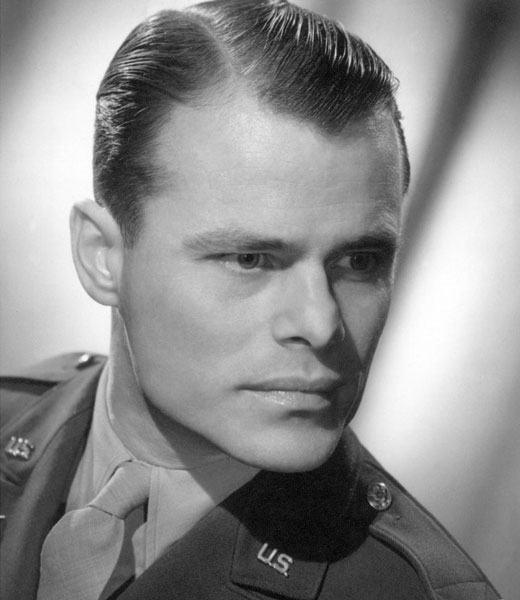
Ralph W Hauenstein
Ralph W Hauenstein
Ralph Hauenstein was born in 1912, in Fort Wayne, Indiana, and moved to Grand Rapids in 1924. One of his earliest memories was of handing out candy to doughboys leaving for France in World War I. In 1934, Ralph sensed that the United States would become embroiled in a future conflict with totalitarian regimes and entered the US Army Reserve as a Second Lieutenant. In 1935, he volunteered for a 30-month tour in the Civilian Conservation Corps as commander of an all-African American CCC camp near Cadillac, demonstrating a far-sighted commitment to civil rights by expanding the opportunities of the African Americans with whom he served. In December 1940, he returned to the Army.
During World War II, he served in the European Theatre of Operations and rose to the rank of colonel. As chief of the Intelligence Branch in the ETO for the US Army, he worked directly under General Dwight Eisenhower. Ralph was among the first Americans into liberated Paris, war-torn Germany, and Nazi concentration camps. The destruction caused by warring dictators and militant ideologues steeled in him the resolve to work for better international relations and peaceful resolution of conflict. After the war, he remained active in numerous civic, educational, and philanthropic causes. He was part of the team that in 1996 supervised the first free elections in Russia. His philanthropy benefited organizations devoted to education and medical research in Michigan, including the Van Andel Institute, the Gerald R. Ford Presidential Library, St. Mary’s Hospital, and Aquinas College. At Grand Valley State University, his generosity made possible the founding of the Hauenstein Center for Presidential Studies, whose mission is to inspire a new generation of ethical, effective leaders for the 21st Century.
Ralph Hauenstein died in 2016 at age 103.

